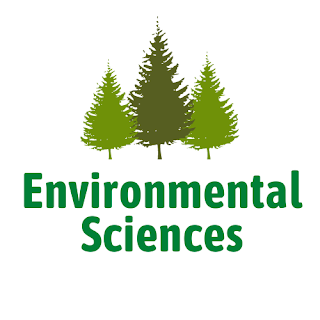A Problem well stated is a problem half solved.- Charles Kittering
Critical Thinking Skills
• One of the chief tools a good scientist (and many a great
thinker) has is a skill called critical thinking.
• Critical thinking is a capacity to distinguish between beliefs
(What we think is true) and knowledge(facts that are backed by accurate
observation and valid experimentation).thus critical thinking helps us separate
judgment from facts.
• Critical thinking involves subjecting facts and conclusions to
careful analysis, looking for weakness in logic and other errors of reasoning.
• Critical thinking skills are essential in analysing a wide range
of environmental problems, issues, and information.So how can one think
critically?
• Clearly, there is no single formula. however, most critical
thinkers would agree that several steps contribute to this process.
Key concept: critical thinking is an acquired skill that helps us analyse
issues and discern the validity of experimental results and assertions.
1. Gather all information.
• Dig deeper.
• Learn all you can before you decide.
• Don’t mistake ignorance for perspective.
2.Understand all terms.
• Define all terms you use.
• Be sure you understand terms and concepts others use.
3.Question how information/ facts were derived
• Were they derived from scientific studies?
• Were the studies well conceived and carried out?
• Were there an adequate number of subjects?
• Was there a control group and an experimental group?
• Has the study been repeated successfully?
4.Question the source of information
• Is the source invested in the outcome of issue?
• Is the source biased?
• Do underlying assumptions affect the view point of the source?
5.Question the conclusions.
• Do the facts support the conclusion?
• Correlation doesn’t necessarily mean causation.
6.Expect and tolerate uncertainty.
• Hard and fast answers are not always possible.
• Learn to be comfortable with not knowing.
7.Examine the big picture.
• Study the whole system.
• Look for hidden causes and effects.
• Avoid simplistic thinking.
• Avoid dualistic thinking.
Key concept: to be a critical thinker it is necessary to examine
the big picture- relationships and entire systems.
To be ignorant of one’s ignorance is the malady of the ignorant.-Bronson Alcott


